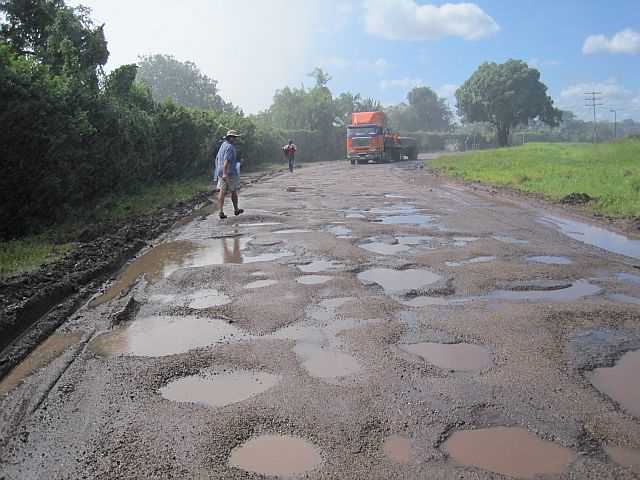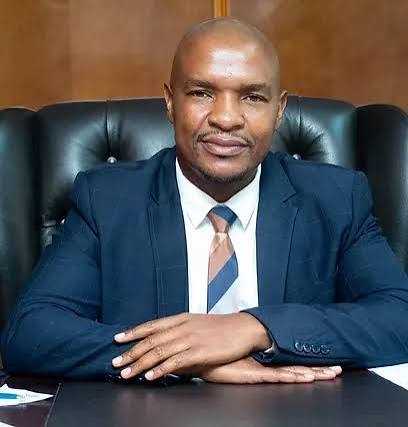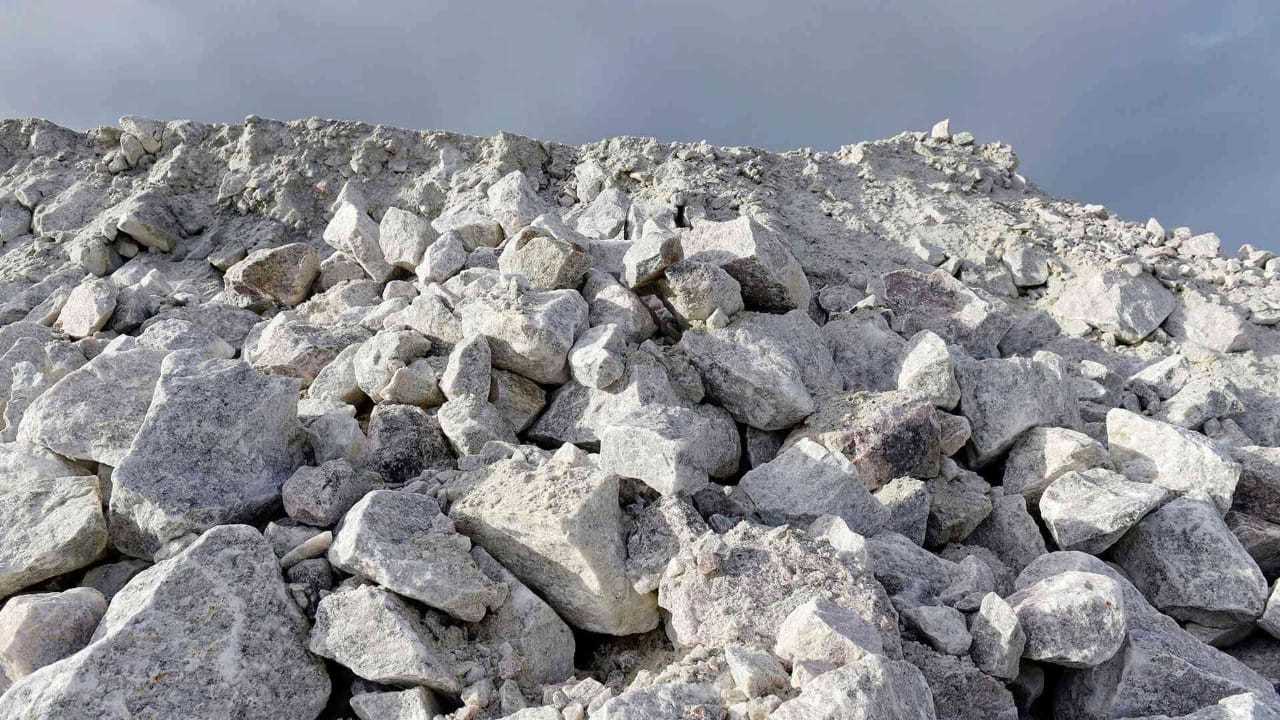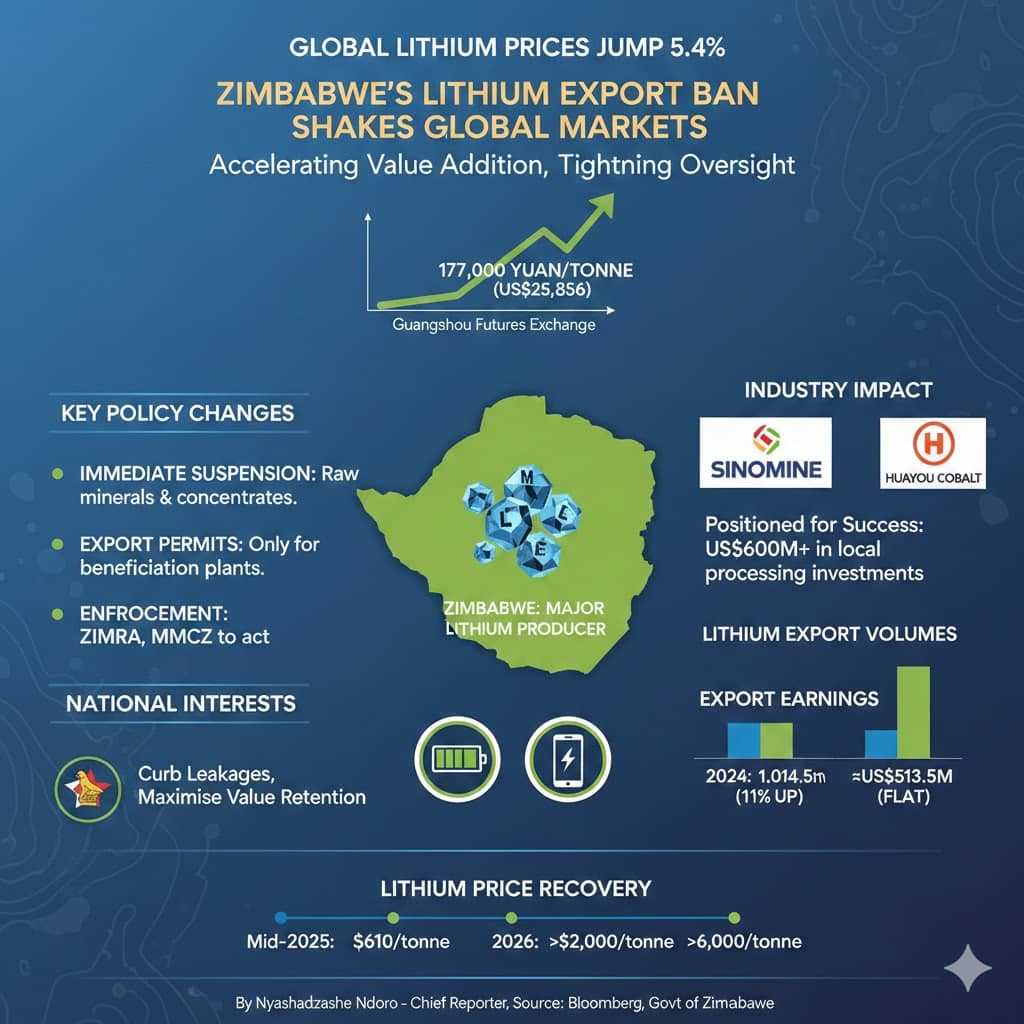
Munyaradzi Doma
Despite the rehabilitation was done on some major roads, driving on the bulk of Harare’s roads has remained a nightmare, given the bad condition they are in that calls for special skills to navigate the potholes.
The potholes seem to be everywhere that one would be forgiven for thinking that they are a part of the roads.
Motorists continue to fork out large sums of money for repairs as their vehicles get damaged on the capital’s roads.
Several motorists have said the obtaining heavy rains have worsened the situation as their cars face more damage risk given that the potholes have multiplied and deepened in places.
“Driving on our roads has really become a challenge. You find out that a trip that should take about 15 minutes is taking much longer because you taking more time navigating around the potholes.
“It’s either you drive slow or else you risk damaging your car and with how expensive things are, you have to be extra careful.
“In some instances, I have resorted to changing my route totally so that I avoid areas where I know there are a lot of potholes.
“The other time my suspension was damaged just after I had fixed it.
“It’s sad that all this is happening when we have city fathers who run this city, but they ignore,“ said Victor Mugonde, who uses his car on a daily basis.
Similar sentiments were echoed by Tinashe Mukate, a commuter omnibus driver who said driving on the city’s roads now required skill so as to avoid the potholes.
He said in some cases, they have resorted to driving off the road because it’s much better.
“My brother, some of these roads are so bad that sometimes we have to drive off them because the potholes are just too much.
“Imagine having to use such roads every day, this means that your car incurs constant damage.
“I hope the authorities will repair these roads because they (roads) have outlived their life span,“ said Mukate.
Monalisa Chagande, another motorist said at one time, she had to resort to using public transport because she could not bear the constant damage to her car.
She said as a result of the bad roads, she was making numerous trips to her mechanic.
“These days whenever I visit the mechanic, it’s not about any other problem but the tyres and suspension.
“As you can see, my car has low clearance, implying it is more susceptible to damage.
“So, at one time, I had to just leave it home and use public transport because for a moment that was the most sensible thing to do,” said Chagande.
Recently, the Zimbabwe National Road Administration revealed that they will disburse ZWL$93 billion for road rehabilitation and maintenance to local authorities.
Zinara said local authorities would access the money after satisfying set guidelines.
While it should be good news to all local authorities, this seems not to be for Harare because on Tuesday, Harare Mayor Jacob Mafume accused the Zinara system of not working.
He had no kind words for the roads administrator as he said failure to repair the roads was Zinara’s fault.
“Let me put it on record that the Zinara model is not working, it needs a relook if, as a country and as a people, we are serious about addressing the challenges in the roads sector.
“The responsible authorities and the members of Parliament must take heed of the calls by local authorities and residents to reform the Zinara model.
Related Stories
“It is not working,” he charged.
Mafume said the city’s roads needed urgent attention and added that the Road Acts (Chapter 13:18) meant that Road Authorities had to be responsible for the maintenace of roads in their jurisdictions.
He said the City of Harare, as a Road Authority, is responsible for the development and maintenance of roads within Harare.
“The same Act provides regulations for the funding of roads development and maintenance activities.
“The Act provides for the creation of a Roads Fund Authorities responsible for collection of roads user fees and the distribution of the funds to Roads Authorities.
“The establishment of the Zimbabwe National Roads Administration led to the transfer of the vehicle licensing portfolio from local authorities to the statutory body.
“That is when the problems of failure to repair and maintain roads and the attendant infastructure began and the results are visible on the ground for all to see," added Mafume.
He revealed that the local authority had only received part of the fees saying, “in the last five years, out of expectations of ± US$60 million per year, City of Harare received less than US$2,5 million per year”.
“City of Harare has not received anything from fuel levy and carbon tax revenues in the past and this is another area where we are demanding our fair share of the national cake.
“The allocated budget for the roads rehabilitation for the City of Harare in 2022 was ZWL$958 million, and we received ZWL$1.431 billion.
“If we are to be conservative enough and assume that Harare has 800 thousand registered vehicles, and the vehicle licence costs US$20 per quarter for most of the private vehicles, we could rack in US$64 million annually and this could make a huge difference in our road rehabilitation programmes,” further revealed Mafume.
He added that the ZWL$1.431 billion which they had been allocated translates to US$2.13 million using the official rate as at 31 December, 2022 is not enough to do five kilometres of road reconstruction.
Mafume also said the city had a target to rehabilitate 40km of road but because of funding constraints, they only managed 12,5km.
Testament to the fact that the Harare-Zinara blame game is far from over, the latter, through its Chief Executive Officer, Nkosinathi Ncube on Tuesday evening made a statement saying the local authority had failed to report on how it had used the funds from its previous allocation.
Ncube revealed that as a result, Harare has failed to rehabilitate its roads.
“According to the dictates of the Roads Act, a Road Authority can only access a new disbursement from Zinara after acquitting its previous disbursement.
“As for the City of Harare, it is important for the nation to know that in 2020, their total allocation was ZWL$86 million which could be translated using the prevailing exchange rate at the time and Zinara disbursed 100 percent of that amount and the City of Harare failed to acquit their last disbursement.
“As a result, they failed to access an early disbursement in 2021. The City of Harare’s allocation for 2021 was ZWL$1.3 billion, which again can be translated to USD using the exchange rate at the time.
“However, the City of Harare only requested ZWL$154 million of this total allocation and failed to utilise in excess of ZWL$1.1 billion.
“In 2022, they are yet to acquit their fourth quarter disbursement of ZWL$566 million despite the fact that most Road Authorities have already acquitted their 2022 disbursements.
“This means that even if funds were to be disbursed today as per the Zinara schedule for 2023, Harare residents will still be deprived of service delivery until their Road Authority follows the dictates of the Road Act.
“We continue to urge all Road Authorities to timeously acquit the disbursed funds in order to access their next allocation,” said Ncube.
While this impasse between the two entities continues, it is road users who continue to bear the brunt, true to the adage, “when two elephants fight, it is the grass that suffers”.
And as the two authorities continue with their bickering, vehicle owners are forking out more money for repairs and at the same time the state of the roads is not getting any better.
Harare and Zinara must just stop the fight; we need our roads fixed.



















Leave Comments